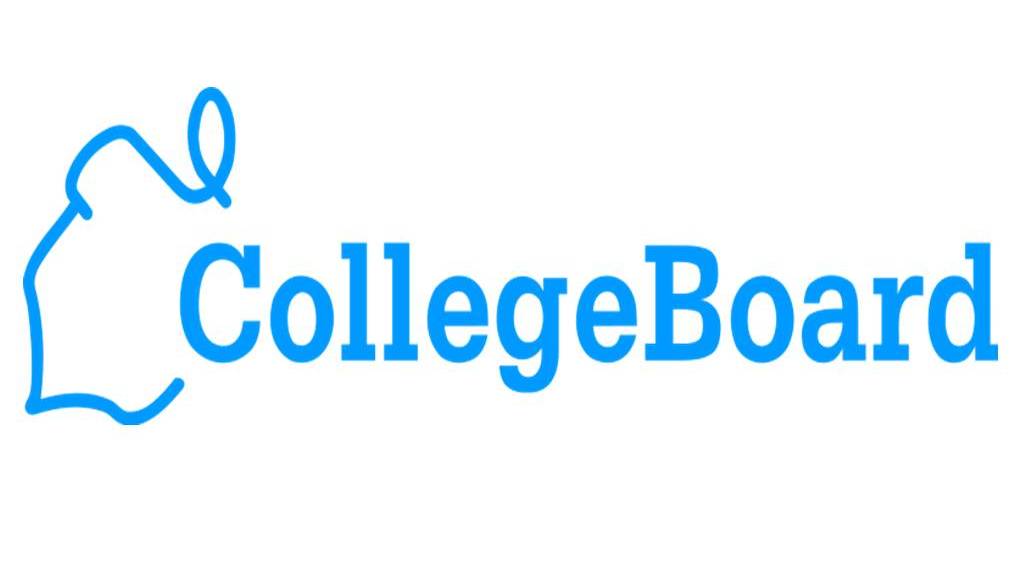The 5 Biggest Differences Between the SAT and ACT Explained
Test prep is not really my thing, but it plays a big role in the college admissions process for many students. That said, be on the lookout for some testing-related guest posts in the coming months! The article below is by Nicholas LaPoma, the owner of Long Island-based Curvebreakers Test Prep.
1. Timing
Possibly the most important difference between the two tests is timing. In short, you get less time per question on the ACT. Check this out:

As you can see, you get much less time to complete any one question on the ACT. One of the most important examples is on the Reading tests. On the SAT you get 13 minutes per passage, on the ACT you get 8 minutes 45 seconds per passage. That is a huge difference! So, if you struggle with timing, the SAT is likely for you.
2. Question Distribution
The SAT and ACT have a vastly different distribution of questions in terms of subject matter. This is especially true in the Math section of the tests, as the ACT has a large amount of Geometry and Trigonometry questions and the SAT does not. The SAT is more Algebra focused.

Further, the ACT is considered an achievement test (What you learned) whereas the SAT is often considered to be a trickier, more aptitude based test (based on skills). If you hate Algebra, and like straightforward word problems, the ACT Might be for you.
3. No-Calculator Math
A similar but important consideration is how one will handle no-calculator Math. Many students are used to punching every question and operation into their calculator and are totally reliant upon the calculator for basic multiplication and division. These students will struggle on the no-calculator portion of the SAT, as you may have to do long division. Some schools do not allow students to use calculators until a certain grade level – those students will be better equipped to tackle this section. If you really struggle with no-calc, the ACT might be for you.
4. Science Section
As you probably know, the ACT contains a science-based section. This is actually a reading / chart reading / graph reading task, so it often correlates well with reading score. That means that the ACT is mostly based on reading skill, whereas the SAT is mostly based on Math skill.


As indicated above, the Science section actually makes the ACT a more reading based exam, where the SAT is a more math based exam.
5. Question Difficulty
The SAT is typically considered an aptitude test. It is based on your skills in each area that is tested. The acronym SAT initially stood for Scholastic Aptitude Test, proving the point. The SAT is unable to move away from its roots and become a totally achievement based exam, so many students “feel” that the questions are more tricky or difficult. If you like more straightforward questions, the ACT may be a better test for you. We find little difference when preparing students for the exams, but some students in particular find one test more appealing than the other for this reason.
*Stay in the know! Subscribe for news, tips, and advice*
